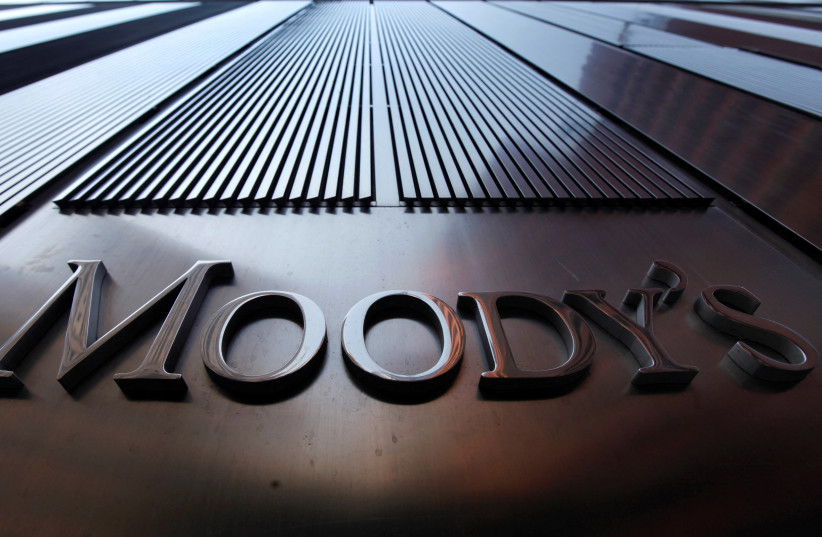Moody’s recent downgrade of Israel’s credit rating from A2 to Baa1 has stirred significant concern across the financial and political spectrum. Many fear that this could trigger a domino effect, with more downgrades to follow, potentially pushing Israel’s economy into a downward spiral similar to that of developing countries. While the risks should not be downplayed, there is another side to this story that Moody’s – and perhaps some other economic observers – has yet failed to fully grasp.
The same weekend that Moody’s published its report, the strategic reality on the ground shifted dramatically in light of the assassination of Hezbollah leader Hassan Nasrallah. While the downgrade focuses on Israel’s geopolitical instability, this major development has led to a different reaction from the capital markets. Since Nasrallah’s death, the Israeli market has demonstrated resilience and, in some areas, surprising growth. This divergence between Moody’s cautious rating and the market’s upward trend speaks volumes
Despite the implications of Moody’s credit rating, the assassination of Nasrallah represents a pivotal shift in the region’s strategic balance. Investors recognize that these new circumstances engender new potential for the region, and the market’s behavior reflects their anticipation of long-term stability and even growth. It’s no coincidence that the Tel Aviv Stock Exchange showed positive momentum immediately following the news of the assassination, despite the downgrade.
Moreover, if the coming security arrangement following the significant weakening of Hezbollah and Iran brings real peace – not just a temporary lull – the Israeli economy could enter a new phase of recovery and growth. As the report was published before the assassination, its assessment does not adequately take this potential into account.
Moody’s report also highlights several economic challenges that the government and the economy must face, such as Israel’s budget deficit and the lack of Palestinian labor in real estate. However, many of these issues are not only solvable but already being addressed. While, for example, the shortage of Palestinians in the building sector remains a challenge, Israel has been increasing the number of foreign workers to fill the gap, and the sector continues to thrive. Despite these labor shortages, the Israeli real estate market is experiencing robust activity, thanks (in part) to foreign investments, combined with local demand.

Israel's economy remains resilient
Moreover, Moody’s concerns about budget deficits will likely become less impactful if the security situation stabilizes. A sustained peace would foster an environment where Israel’s tech sector, real estate, and consumer markets – already strong and relatively stable – could thrive increasingly. Additionally, the financial support of the American government and the Jewish Diaspora remain crucial factors that could accelerate recovery.
Despite the Baa1 rating, Israel’s economy remains far more resilient than that of other countries in the same category.
A critical factor that Moody’s report underplays is Israel’s technological and military superiority, demonstrated in the events of the past few weeks. This extends beyond the battlefield and translates directly into economic strength.
The hi-tech sector, coupled with Israel’s defense industry, remains highly attractive for both civilian and military investment. Global investors recognize this edge, and we are likely to see increased foreign interest in these sectors in the near future.
This resilience is not just about surviving the war, it’s about thriving during the conflict and afterward. The Israeli economy is fundamentally different from that of other Baa1-rated nations, and investors recognize this. While Moody’s rating is a reflection of current uncertainties, it fails to fully account for the unique qualities that make Israel’s economy so robust.
While we must remain cautious about the potential negative impacts of the downgrade, we should also consider the chances of a positive domino effect following the events of the last two weeks. Israel’s impressive military and technological achievements, combined with a new geopolitical landscape, could create new economic opportunities.
These opportunities, coupled with the entrepreneurial spirit that defines Israel, could lead to a much faster recovery than Moody’s predicts.
The writer is founder and CEO of Michlol Mimun and a former CEO of The Bank of Jerusalem.
